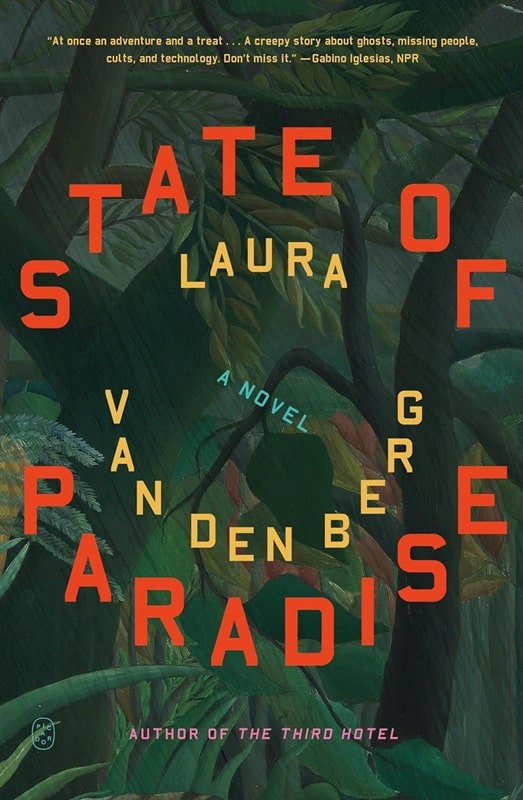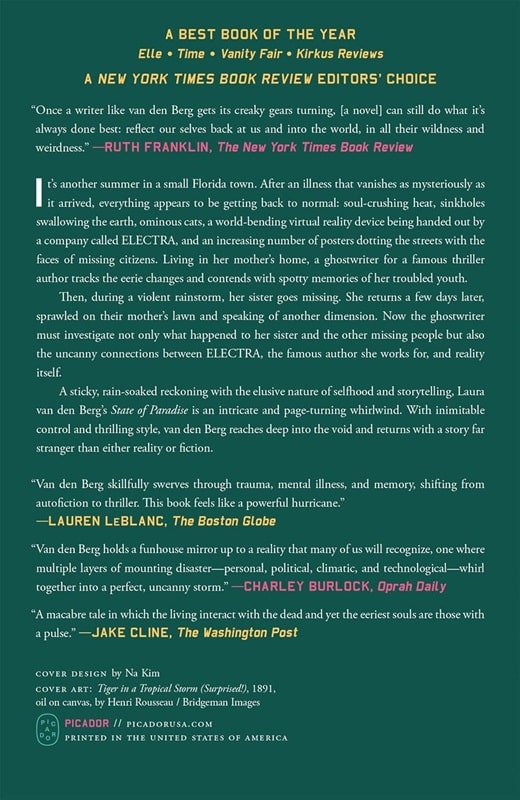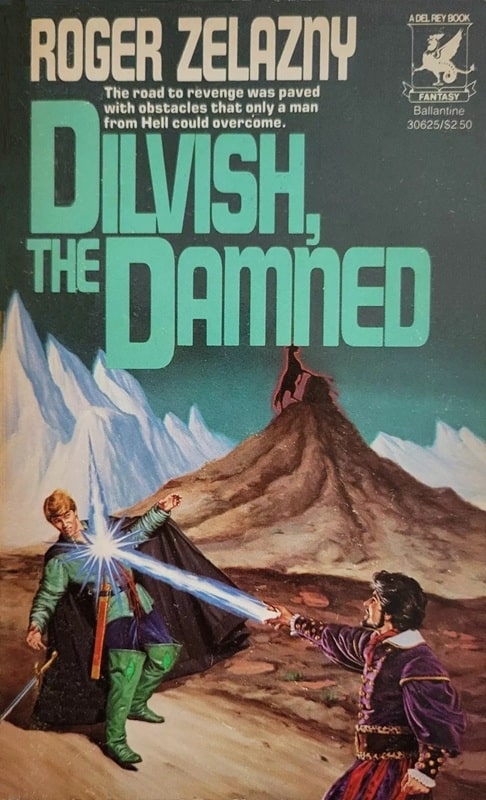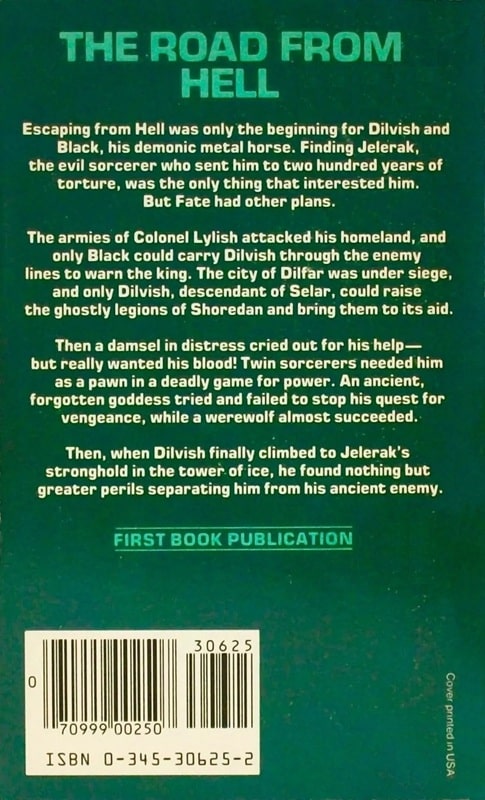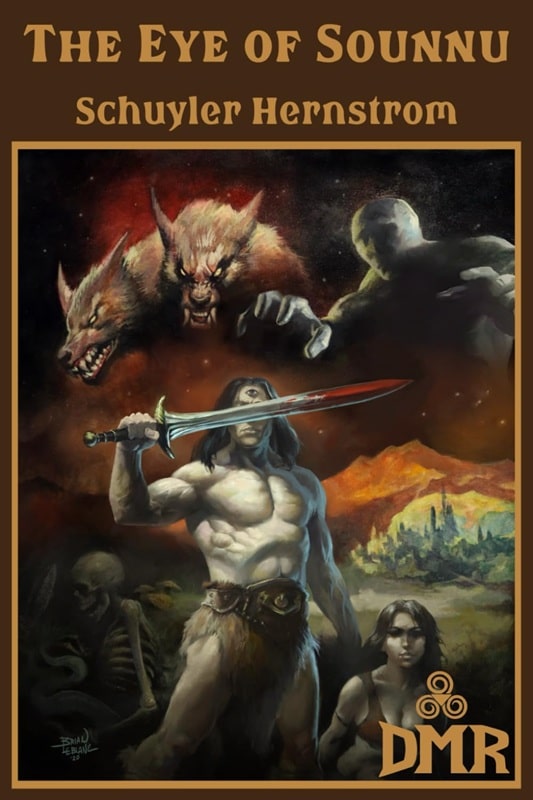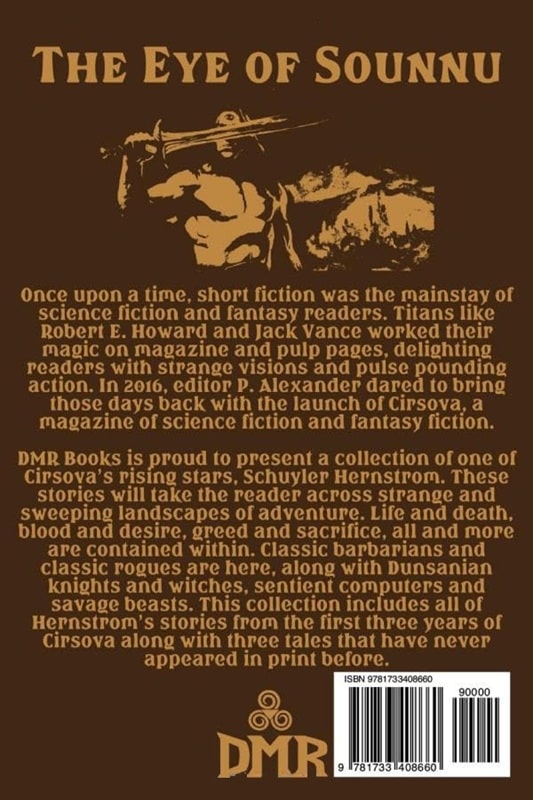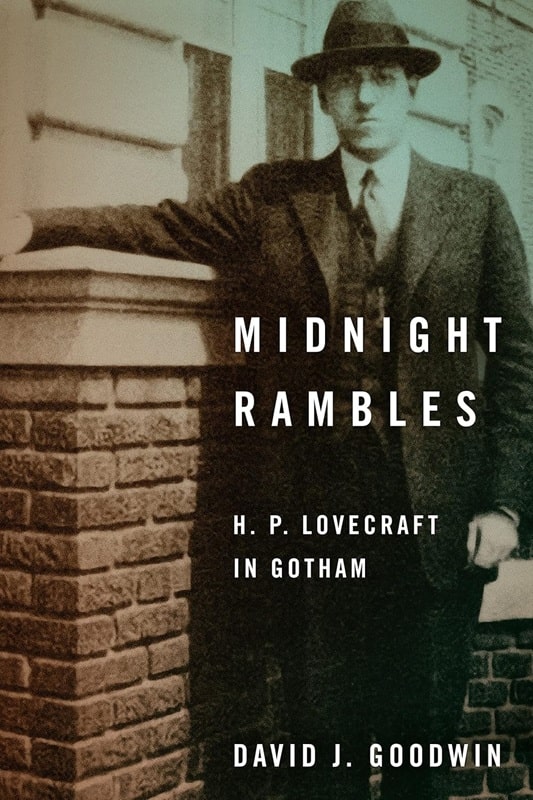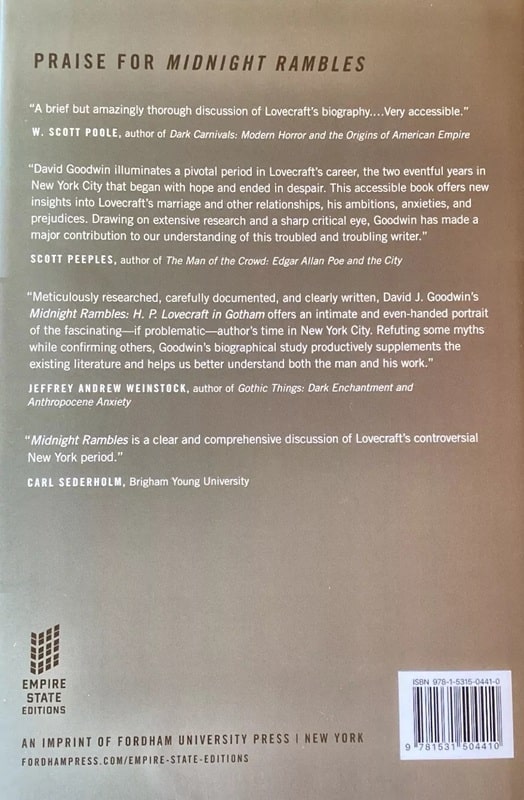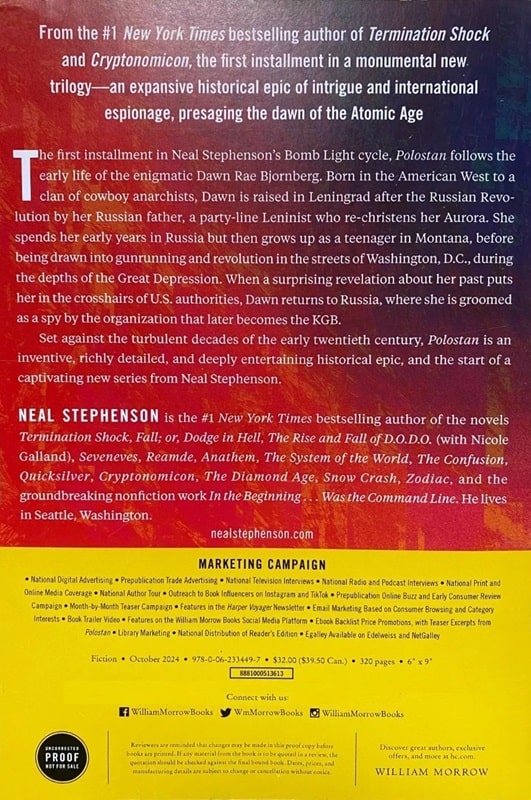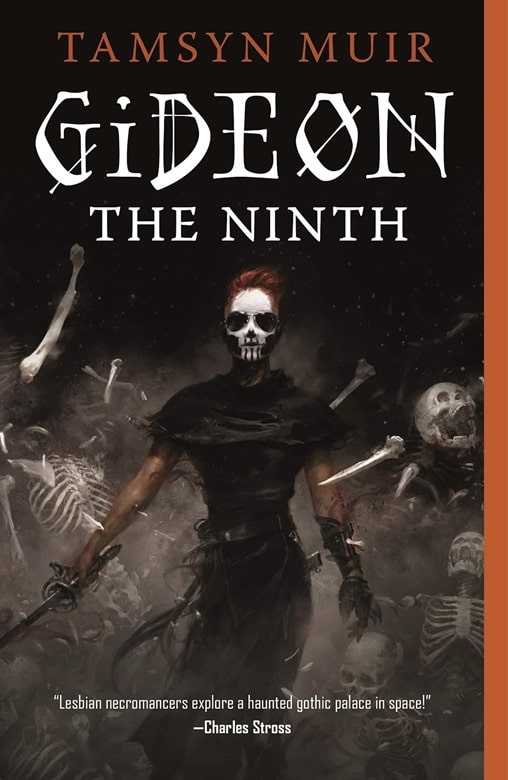The Beating Heart of Science Fiction: Poul Anderson and Tau Zero

Science fiction — what is it, really? What elements place a story firmly in the genre? For any requirement that you can think of, there is probably a great sf story that violates it, and rather than cobble together some dictionary-ready definition, it’s easier to just think of particular books that you would hand to someone unacquainted with the genre with the words, “Here — read this; this is science fiction!”
Everyone would have their own choices for such a list, of course, and those choices would amount to your de facto definition. For me, some of those books would be Rendezvous with Rama by Arthur C. Clarke, The Stars My Destination by Alfred Bester, and Man Plus by Frederik Pohl, but the very first book on my list would be Poul Anderson’s 1970 novel Tau Zero. Why? What does this book have that makes it a quintessential work of science fiction?
Maybe it’s this — it’s a grand voyage, a brave excursion into the great out there, and it also has a grand perspective shift, like a camera pulling back in a movie, a maneuver that radically alters everything that you had previously thought about the story, something that’s not a minor adjustment, but a move that completely explodes the frame. You think the story is this, but it’s really that, you think you’re here, but you’re really there; the here where you thought you were turns out to be the tiniest corner of there, a there that is larger and stranger and more dizzying than you ever could have originally imagined. (In The Encyclopedia of Science Fiction, Peter Nicholls calls this kind of maneuver a “conceptual breakthrough.”)
Tau Zero begins as a straightforward story of an interstellar voyage, but it ends as far away from that prosaic beginning (prosaic by the standards of science fiction, I mean) as it is possible to imagine. Farther than that, really, and I think that’s the whole point.
